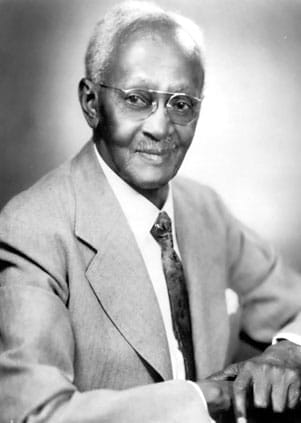When retired Union Civil War soldier, General Oliver Otis Howard, visited an Atlanta classroom, a school boy named Richard Robert Wright told him to pass a potent message to curious Northerners. “Sir, tell them we are rising,” he insisted. Born a slave in 1855 near Dalton, GA, young Wright had just finished a 200-mile trek with his mother to the abandoned railway-car schoolhouse to meet the general. Those words served as Wright’s lifelong motto. He would commence “rising” and become a trailblazing black intellectual, military officer, educator, politician, civil rights advocate, and bank entrepreneur following his education at some of the most elite U.S. colleges, attending Wharton at age 67.
Opening a bank was a retirement career for Wright. He had already founded and led Savannah State College from 1891 to 1921. Moving to Philadelphia in 1921 he opened the Citizens and Southern Bank and Trust Company, the only Northern black-owned bank at the time. Thanks to his late-life Wharton training, the young bank withstood the Depression and had assets of $5.5 million when it was sold in 1957, a decade after Wright’s death.
In his youth, Wright was a major in the Spanish-American War and the first black to serve as Army paymaster. Throughout his life, he inspired others to great heights by initiating a black intelligentsia movement. Wright’s son, Richard Robert Wright Jr., was one of the first blacks to earn a PhD at Penn in sociology, a president of Wilberforce University, and a leading theologian in the African Methodist Episcopal Church. Wright Jr.’s daughter, Ruth Wright Hayre, became a legendary educator and Philadelphia school board president after earning a doctorate from Penn, joining her father as the University’s first black father and daughter doctoral recipients.
“I became familiar with Major Wright by my association with Dr. Hayre,” said Penn graduate and U.S. Congressman Chaka Fattah, an admirer of Wright. “He was a tenacious activist who spent a great amount of time rising above matters that would have deterred others.”
One of Wright’s legacies is National Freedom Day, February 1, a holiday Wright initiated to recognize the day President Abraham Lincoln signed the 13th Amendment, freeing all U.S. slaves. The holiday was established by a proclamation by President Harry Truman, and continues as the first day of Black History Month.

























